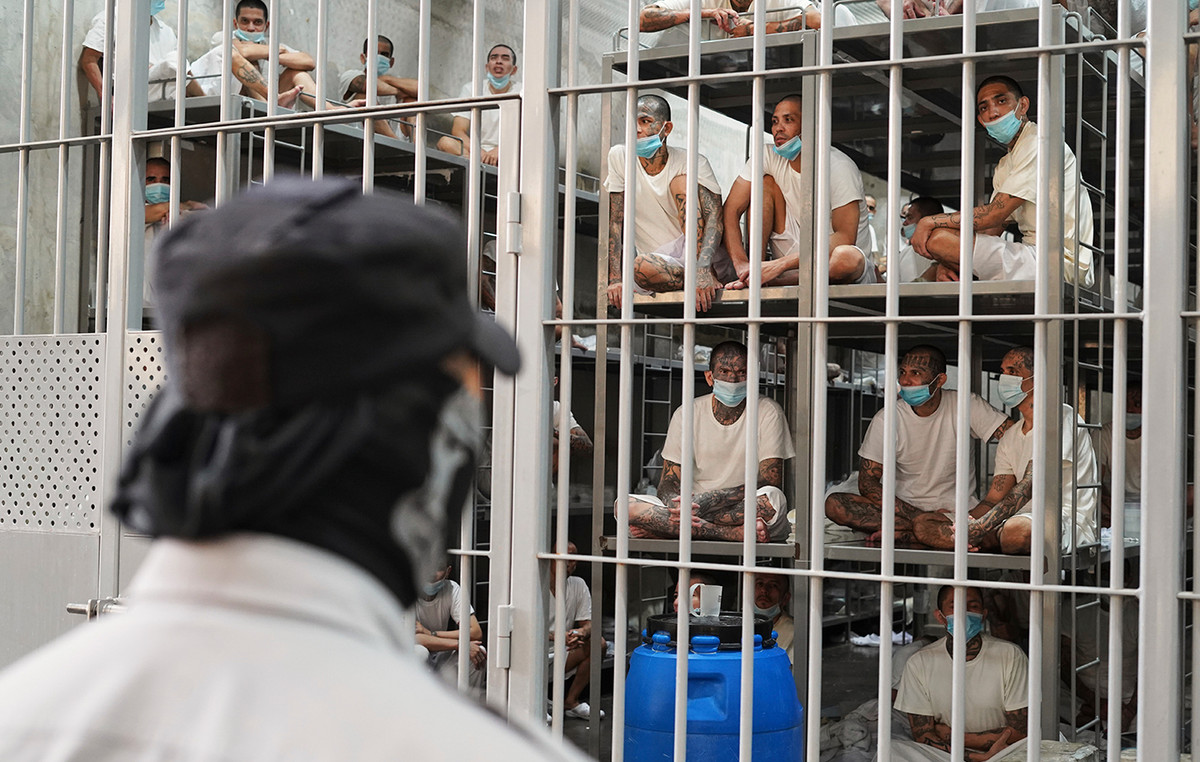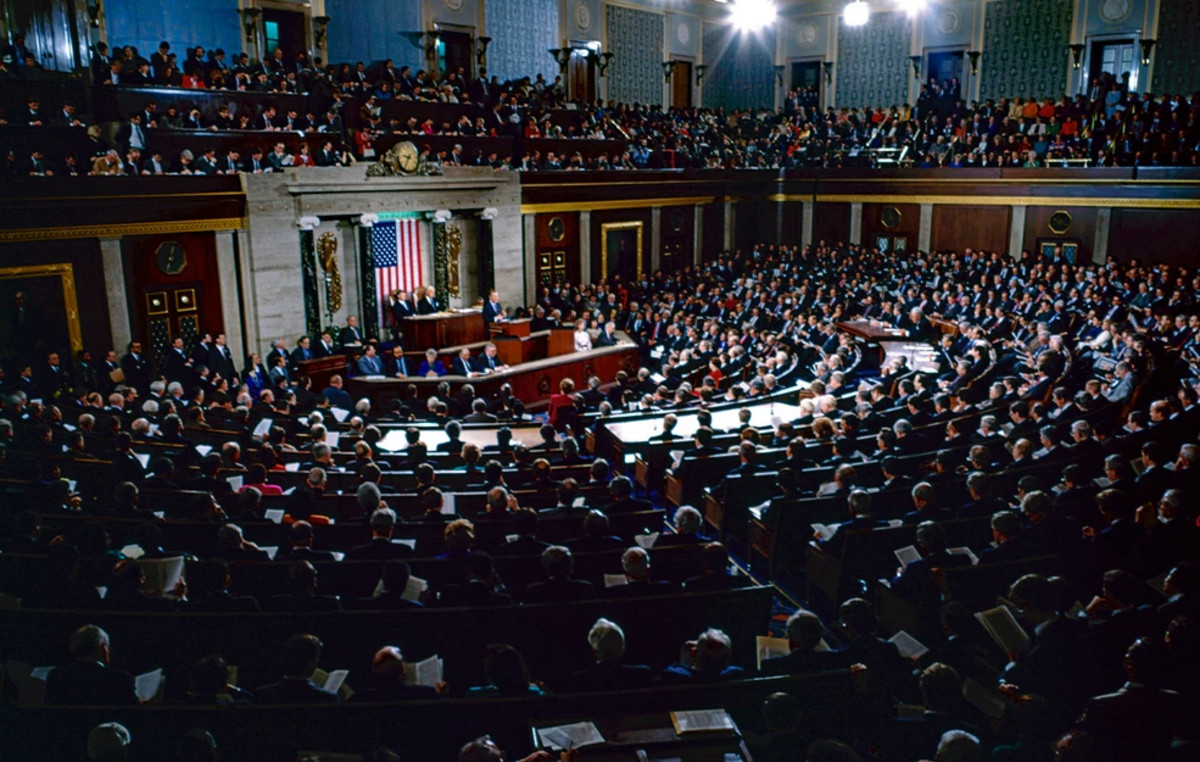A survey released this Wednesday (9) points out that 6 out of 10 Brazilian industries have an area dedicated to sustainability. The result represents a leap in relation to last year, when 34% of respondents said they had the area to deal with the matter in their organizational chart.
The survey carried out with executives in the sector was prepared by the National Confederation of Industry (CNI).
According to the survey, the concern of entrepreneurs with the impact on the production chain has also increased. 45% of respondents said they require environmental certificates from their suppliers and partners when signing a contract.
In October last year, the percentage was 26%. The majority (52%) of the industries, according to the participants, also had to prove environmentally sustainable actions when being contracted, against 40% in 2021.
In addition, another thermometer to measure the relevance of the topic for the industrial sector is the executives’ view of consumers. In one year, the number of entrepreneurs who consider the weight of environmental criteria on the purchase decision of their consumers to be high or very high increased from 20% to 35%.
However, in practice, only one in 10 companies, according to the interviewees, stopped selling a product for not having certification or following some environmental requirement.
“Brazilian industry has taken responsibility for the environmental agenda and has worked to become a reference in the sustainable use of natural resources and taking advantage of the opportunities associated with the low carbon economy. Sustainability is in our DNA, both in the search for efficiency and in saving resources to be more competitive and meet the demands of the international market. The world demands environmental responsibility from Brazil, and the private sector is interested in staying aligned with international agreements”, highlighted the president of CNI, Robson Braga de Andrade.
investments
Regarding investments in sustainability, half of the industries (50%) increased the resources allocated to sustainability in the last 12 months, according to the executives.
An even higher percentage, equivalent to 69% of respondents – or 7 out of 10 industries – said that the financial resources to implement sustainability actions in their industry will increase over the next two years.
This percentage was 63% last year. The number of executives who see the sustainability agenda as just opportunities or more opportunities than risks has also grown from 30% to 47% in one year.
In the opinion of entrepreneurs, the factor that weighs the most in the decision to invest in sustainability is cost reduction, cited by 41% as the first and second main reason. Then there is increased competitiveness and meeting regulatory requirements, each of these topics was cited by 30% of respondents.
With a similar percentage, the sustainable use of natural resources (28%) and reputation with society and consumers (26%) were also listed as reasons to allocate resources in this area.
Regarding the obstacles to the implementation of actions, 50% of respondents pointed to the lack of government incentives as the main barrier. Of the total, 37% mentioned the lack of a culture of sustainability in the consumer market and, for 34%, the fact that sustainability represents additional costs is the main challenge for the change in the production process.
difficulties
Regarding the difficulties faced by the sector, most executives (55%) consider it difficult or very difficult to access credit for adopting sustainable actions in production.
Of the total number of industries surveyed, 23% sought private credit in the last two years, and 15% obtained financing. Among those who have resorted to public resources in the last two years, 16% have tried credit and 6% have received the benefit.
Considering the group of companies that had access to public and/or private credit, the use of renewable sources appears as the main purpose: 47% used the resource to seek a source of clean energy. Percentage much higher than the other objectives mentioned, such as process improvement (16%), modernization of machines (14%) and actions to reduce solid waste (6%).
main focuses
Regarding the adoption of sustainable initiatives, the survey shows that 84% of industries carry out at least five measures among the nine included in the questionnaire. At the top of the list are actions to reduce the generation of solid waste in production, in which 91% of executives said they had already adopted the practice.
There were also high percentages, 80% or more, actions related to process improvement, optimization of energy consumption and water use. In last place is the use of renewable energy sources, which 48% of the industries said to adopt.
The use of renewable energy sources was identified by the survey as the main focus of investment in sustainability in the industries in the next two years: 37% of respondents said that this is the first or second priority in the allocation of resources.
Next are the modernization of machines, cited by 35% of the executives, and actions to reduce the generation of solid waste, with 32%. As each of the interviewees mentioned two main focuses for investments until 2024, the percentages are the sum of the first and second priorities mentioned.
*Posted by Pedro Zanatta, from CNN Brasil Business
Source: CNN Brasil
Joe Jameson, a technology journalist with over 2 years of experience, writes for top online news websites. Specializing in the field of technology, Joe provides insights into the latest advancements in the industry. Currently, he contributes to covering the world stock market.







